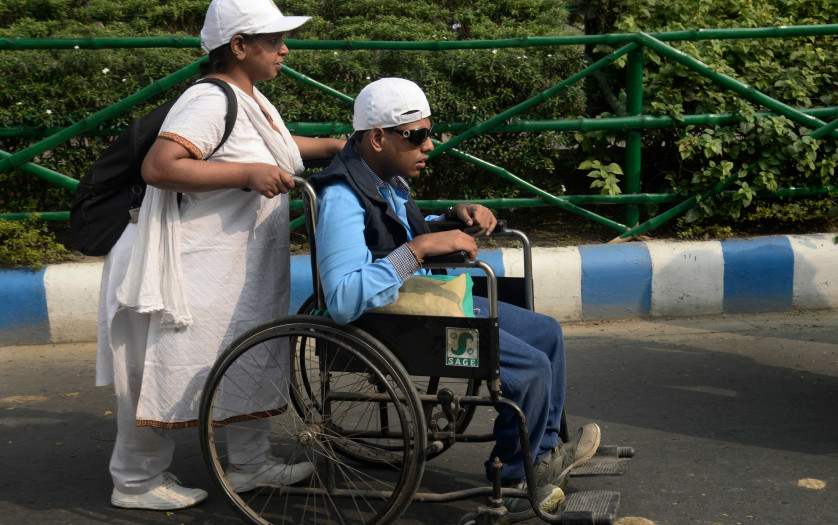
A move to dilute the Rights of Persons with Disabilities (RPwD) Act by the government has raised serious concern among advocates who say the proposal to decriminalize certain offenses to ‘improve business sentiment and unclog court proceedings’ will leave persons with disabilities vulnerable and bereft of protection.
The Ministry of Social Justice and Empowerment, on Wednesday, put out the proposal for the amendment on www.disabilityaffairs.gov.in and has sought public feedback by July 10.
The amendment aims to mellow the penalty under Sections 89, 92 (a), and 93 of the RPwD Act by making certain offenses compoundable. The penalties correspond to contravening its provisions, intentionally insulting or intimidating a disabled person or failing to provide documents under the pursuance of this Act, respectively. The maximum penalties range from fine up to Rs 5 lakh for contravention of the Act and imprisonment up to five years for intimidation or public insult.
Disability rights activists emphasized that the Act and these Sections defends the rights of the disabled, and softening the penalties would make public and workspaces unsafe for them. “The Act protects disabled people only if they are humiliated in public or intimidated. So if someone is humiliated in private, a person with a disability cannot use this Act. Its use is already limited, and this amendment may weaken the rights of disabled even more,” Vaishnavi Jayakumar from the Disability Rights Alliance was quoted as saying in a news report.
Section 92 (a) of the Act which provides a penalty of imprisonment when a person ‘intentionally insults or intimidates with intent to humiliate a person with a disability in any place within public view’.
“This section offers protection in a way similar to The Scheduled Castes and Tribes (Prevention of Atrocities) Act. Would the government be able to do away with that?” she asked.
Jayakumar said that when legislation concerns the right of an individual, the proposal should ideally be published in several regional languages widely, and people should be given enough time to comment and provide feedback. The proposal has been published in English, and ten days have been given for public feedback.
Murganantham Linguswamy, an advocate at the Madras High Court and a disability rights activist, argued, “The government is trying to create a conducive business environment at the cost of an individual’s dignity – which is a fundamental right,” he said. He further said that the National Crime Record Bureau has not published any statistics regarding offenses against the disabled. “Therefore, changing legislation without reliable data is arbitrary,” he said.








